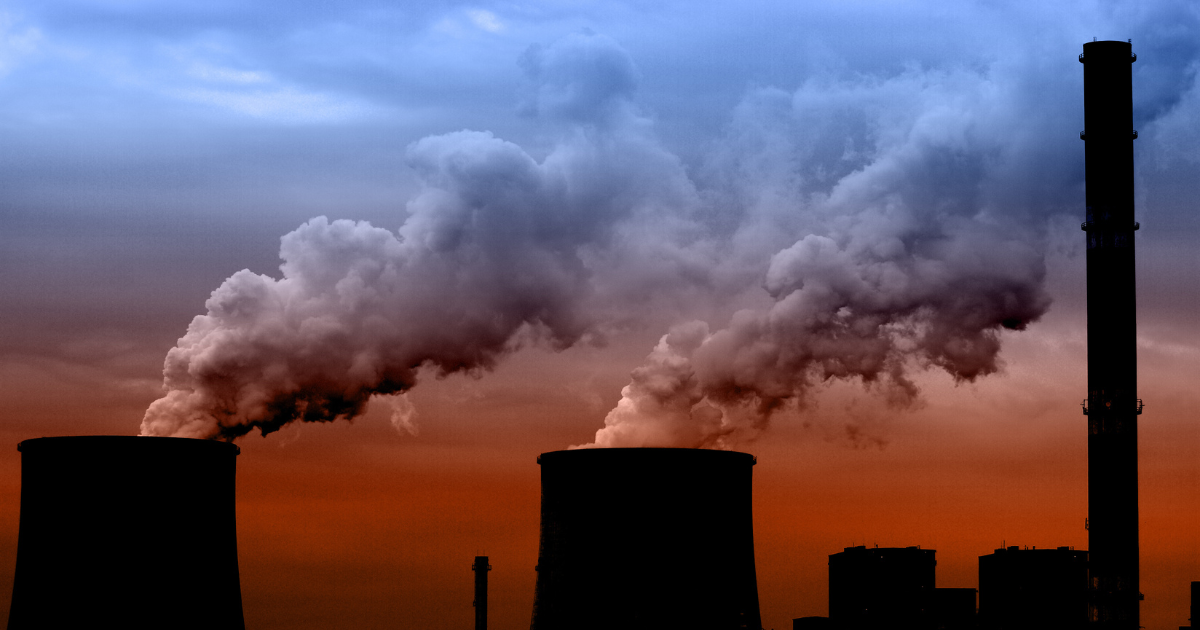Setting the stage: COP28 and the global climate challenge
COP28 was the United Nations Climate Change Conference held recently in Dubai, involving representatives from all the countries that are signatories to the UNFCCC (United Nations Framework Convention on Climate Change). Prior to the conference, the United Nations Environment Programme reported that the world has a 66% chance of limiting warming to 2.9oC by 2100, if national pledges under the 2015 Paris Agreement are stuck to. This news set the tone for the representatives from nearly 200 countries, gathering to deliberate on strategies for mitigating and adapting to future climate change.
The opening plenary: Loss and Damage Fund agreement
The opening plenary of the summit saw the agreement of the Loss and Damage Fund. This refers to vulnerable and poor countries receiving financial compensation from the biggest fossil fuel polluters due to the pain and suffering already caused by the climate crisis. However, only $700m was pledged to this fund, with £60m of this to come from the UK, covering just 0.2% of the estimated $400bn in losses. Further grants have been urged to make new and additional commitment to the fund on a scale that reflects the global nature of climate crisis, and the threat it presents to billions of people.
Fossil fuel focus
The focal point of the conference centred around a crucial decision: whether to phase out or phase down the use of fossil fuels, the first time fossil fuels have been mentioned. The final agreement is to “transition away from fossil fuels in energy systems, in a just, orderly and equitable manner” to avert the worst of climate change, in keeping with the science. There was no hard-set rule for this global transition away from fossil fuels, however, this is the first step in signalling the end of fossil fuels.
Furthermore, in a concerted effort to accelerate this energy transition, 130 national governments will work together to triple the world’s installed renewable energy generation capacity – to reach at least 11,000 GW by 2030. This not only sends a clear signal to markets about the innovation needed, but also highlights the substantial investments required to make this transition possible.
Food on the Agenda: a new chapter in climate conferences
For the first time, food was formally included on the COP28 agenda. Emissions from the global food system equate to 30% of the world’s GHG emissions and climate impact. And as its significance continues to grow, the inclusion of food-related discussions in climate change conferences will become increasingly imperative. 153 national government signatories committed to scaling up adaptation and resilience to reduce the vulnerability of all farmers, fisherfolk and other food producers to the impact of climate change. This also promotes food security by increasing efforts to support vulnerable people.
Looking to the future after COP28
Despite the ambiguous language used in the final agreement, COP28 has provided cautious optimism and momentum for nations and organisations to produce strategies (with deep emission cuts) to keep the 1.5 C goal alive. The statements and agreements appear to be realistic and achievable when compared to outcomes from previous UN Climate Change Conferences.
The signals needed to start transitioning away from fossil fuels have been provided, however, these signals alone are not enough. Globally, we need a plan, which is fair, and financed appropriately into perpetuity. COP29, to be held in Azerbaijan, should bring further progress, however, the steps taken need to be exponential.




